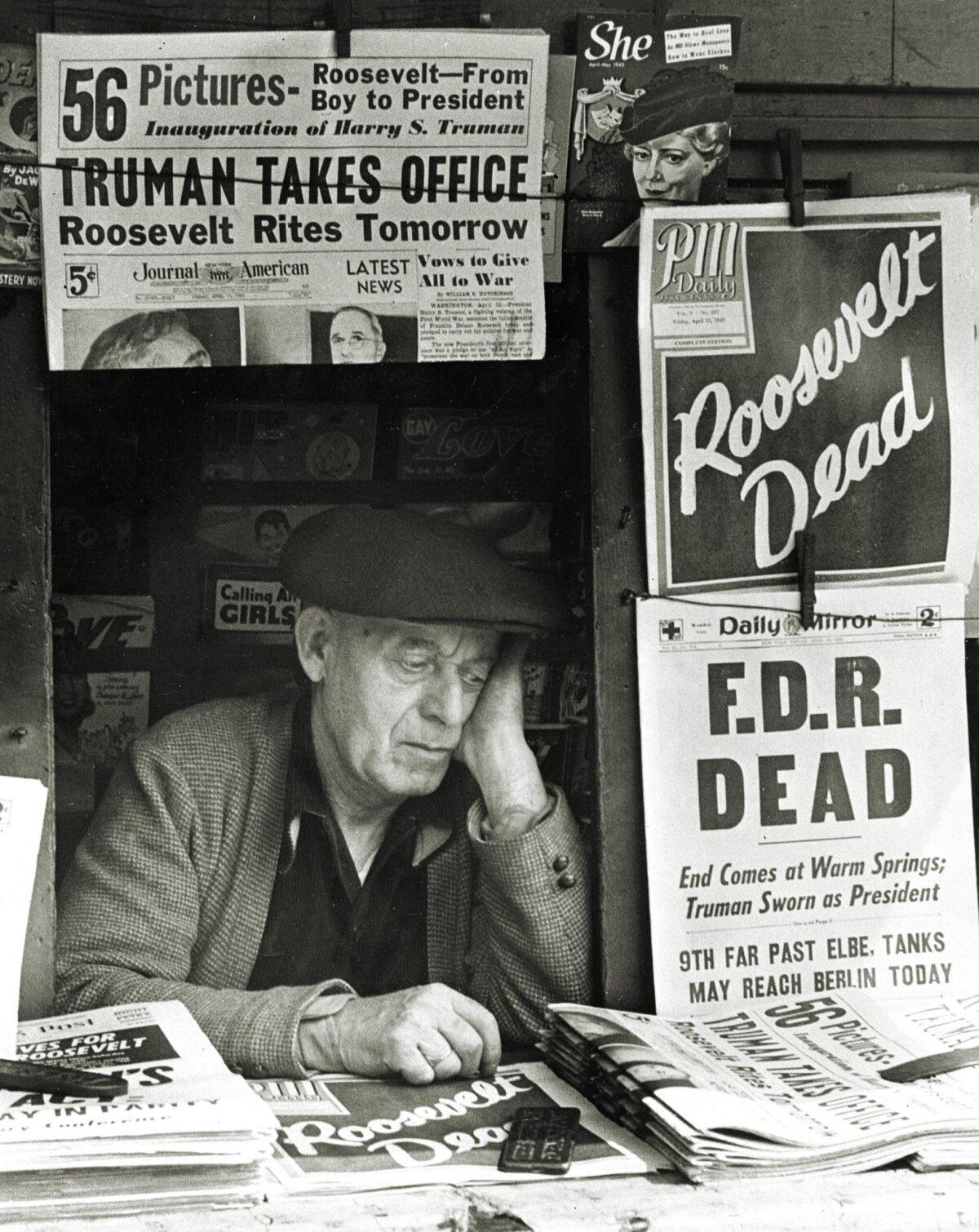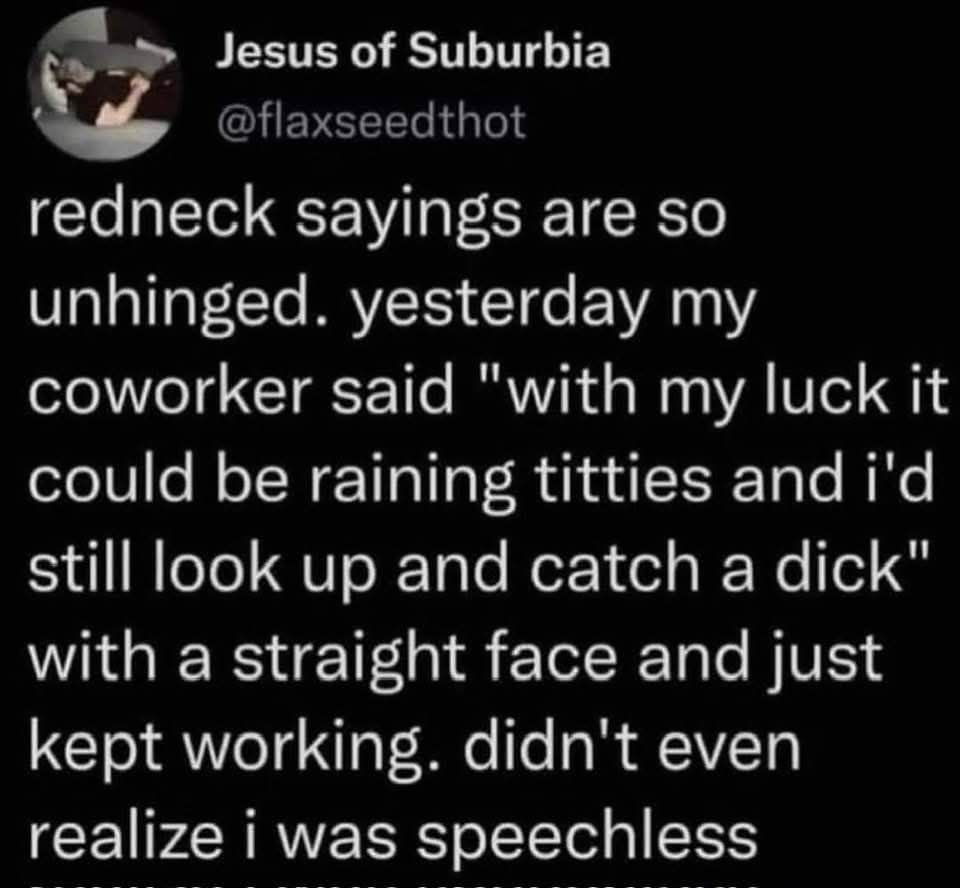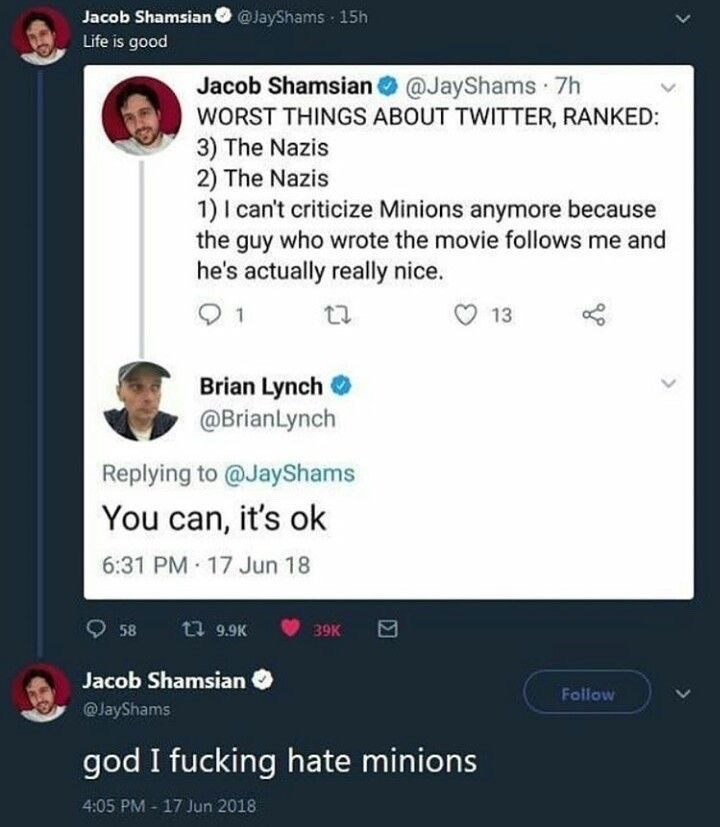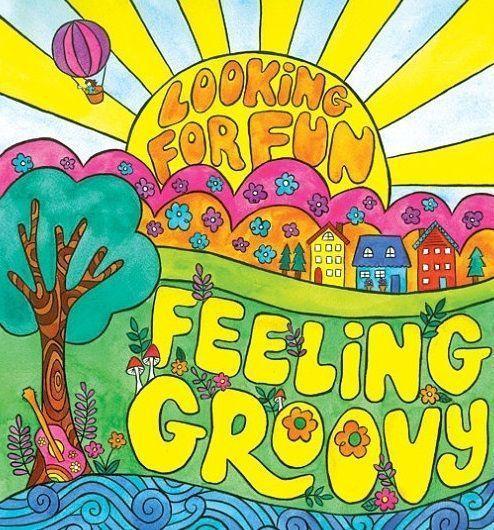✪ ‘Self-termination is most likely’: the history and future of societal collapse theguardian.com
Damian Carrington:
“We can’t put a date on Doomsday, but by looking at the 5,000 years of [civilisation], we can understand the trajectories we face today – and self-termination is most likely,” says Dr Luke Kemp at the Centre for the Study of Existential Risk at the University of Cambridge.
“I’m pessimistic about the future,” he says. “But I’m optimistic about people.” Kemp’s new book covers the rise and collapse of more than 400 societies over 5,000 years and took seven years to write. The lessons he has drawn are often striking: people are fundamentally egalitarian but are led to collapses by enriched, status-obsessed elites, while past collapses often improved the lives of ordinary citizens.
Today’s global civilisation, however, is deeply interconnected and unequal and could lead to the worst societal collapse yet, he says. The threat is from leaders who are “walking versions of the dark triad” – narcissism, psychopathy and Machiavellianism – in a world menaced by the climate crisis, nuclear weapons, artificial intelligence and killer robots.
The work is scholarly, but the straight-talking Australian can also be direct, such as when setting out how a global collapse could be avoided. “Don’t be a dick” is one of the solutions proposed, along with a move towards genuinely democratic societies and an end to inequality.
I am both seduced by and skeptical of these kinds of grand unified theories that use known information to derive new and counterintuitive conclusions that explain great swathes of history.
✪ Pregnant mother in Tennessee denied medical care for being unmarried tumblr.com
✪ What Working as a Mailman in Appalachia Revealed About Public Service - The Atlantic theatlantic.com
Delivering the mail is a ‘Halloween job,’ ” Stephen Starring Grant observes in Mailman: My Wild Ride Delivering the Mail in Appalachia and Finally Finding Home. “An occupation with a uniform, immediately recognizable, even by children.” What to call Grant’s book is harder to say. It is an unusual amalgam: a pandemic memoir, a love letter to the Blue Ridge Mountains, a participant observer’s ethnography of a rural post office, an indictment of government austerity, and a witness statement attesting to the remarkable and at times ruthless efficiency of one of our oldest federal bureaucracies. Not least, Mailman is a lament for the decline of service as an American ideal—for the cultural twilight of the Halloween job: those occupations, such as police officer, firefighter, Marine, and, yes, postal worker, whose worth is not measured first and foremost in dollars but in public esteem. Or should be, anyway.
At the same time, Grant’s project is immediately recognizable as “Hollywood material.” A corporate suit loses his job during COVID and spends a year as a rural blue-collar worker reconnecting with his inner country boy and coming to appreciate the dignity of physical labor–silently nursing, one suspects, the dream of a book contract (and maybe a studio option) all along. A stunt, in other words, that a cynic might see as more in the spirit of self-service than public service.
This tension isn’t lost on Grant, a proud son of Appalachia who’s suddenly laid off from a marketing agency and gets a job as a rural carrier associate for the Blacksburg, Virginia, post office. He second-guesses his qualifications–and his motivations–but doesn’t let either concern stop him.
✪ Thirty-Two short stories about death in prison. theatlantic.com. Prisoners are brutally abused and die of neglect in American prisons, often while guards laugh.
✪ You Went to a Drag Show—Now the State of Florida Wants Your Name. “Just like the Kids Online Safety Act (KOSA) and other bills with misleading names, this isn’t about protecting children. It’s about using the power of the state to intimidate people government officials disagree with, and to censor speech that is both lawful and fundamental to American democracy.” eff.org
✪ The freedom to fuck off. mat.tl
✪ Marc Maron Has Some Thoughts About That. theatlantic.com
✪ Making America Epstein Again. Trump’s transactional ethics are making the U.S. a refuge for criminals. This mirrors something Israel has done for years. prospect.org
✪ How the Most Remote Community in America Gets Its Mail. theatlantic.com
✪ We’re Officially in Donald Trump’s Mad King Era. motherjones.com
✪ Micro.blog is now free for teachers and nurses. manton.org I host mitchw.blog on micro.blog. Bravo, Manton!
✪ How Cosby’s ‘Pound Cake’ Speech Helped Lead to His Downfall. theatlantic.com
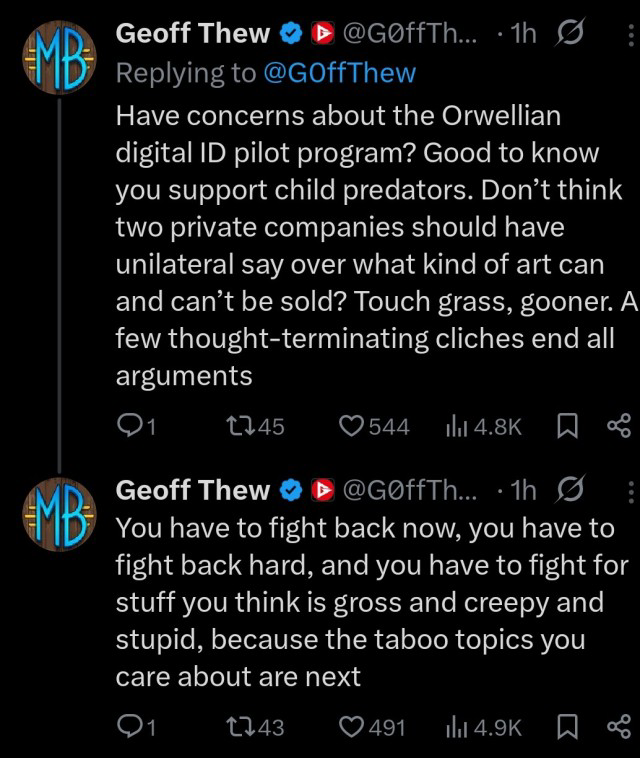


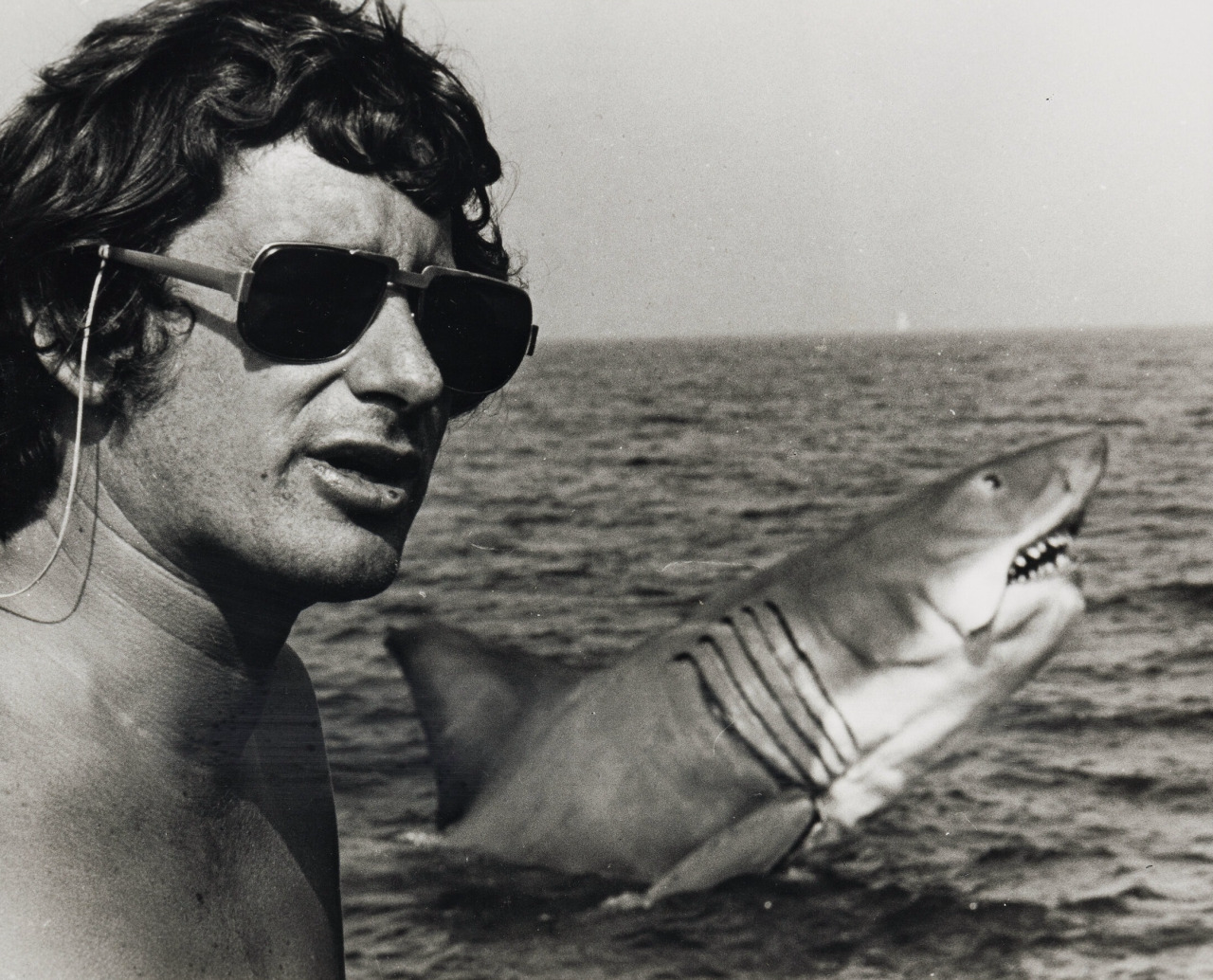
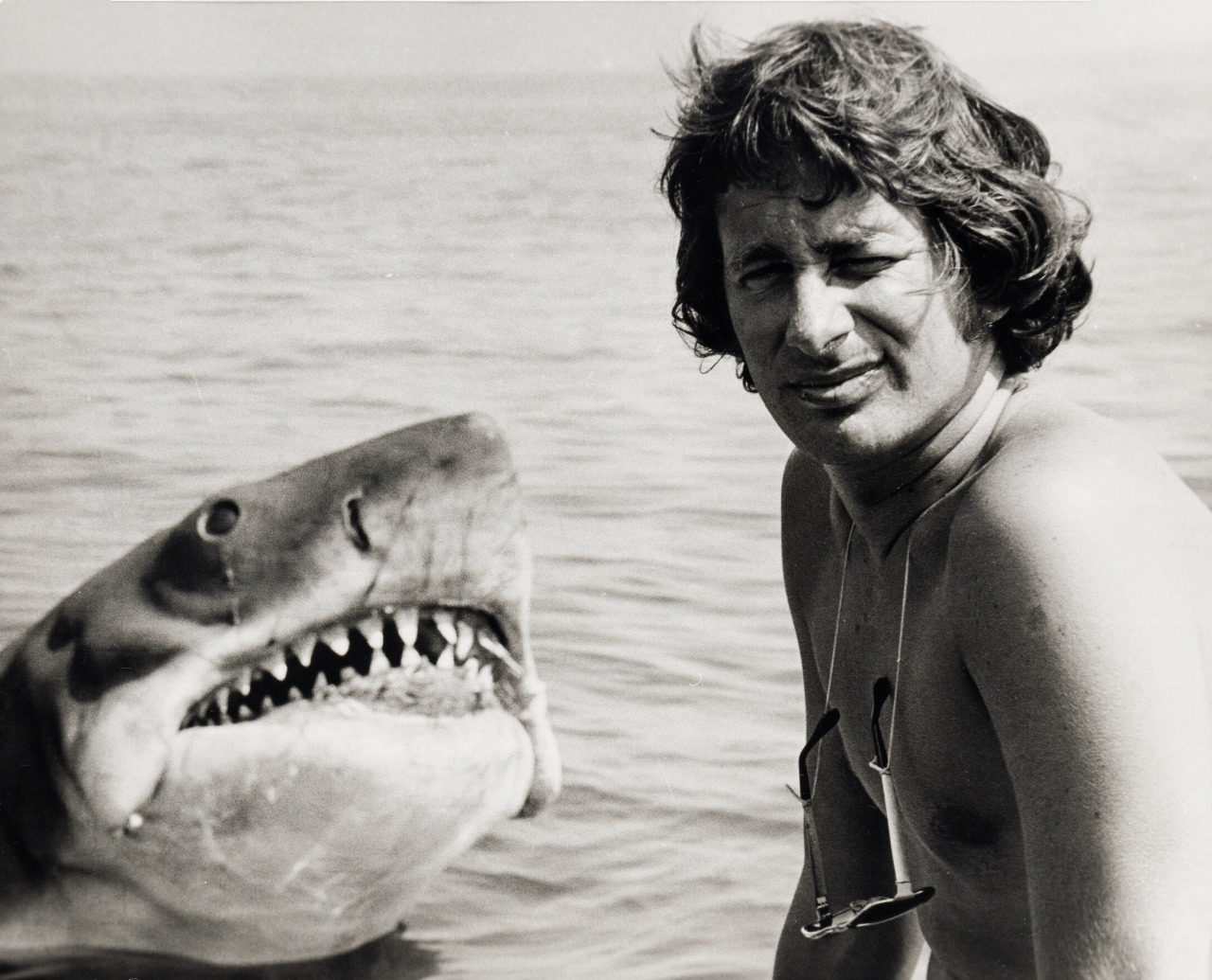
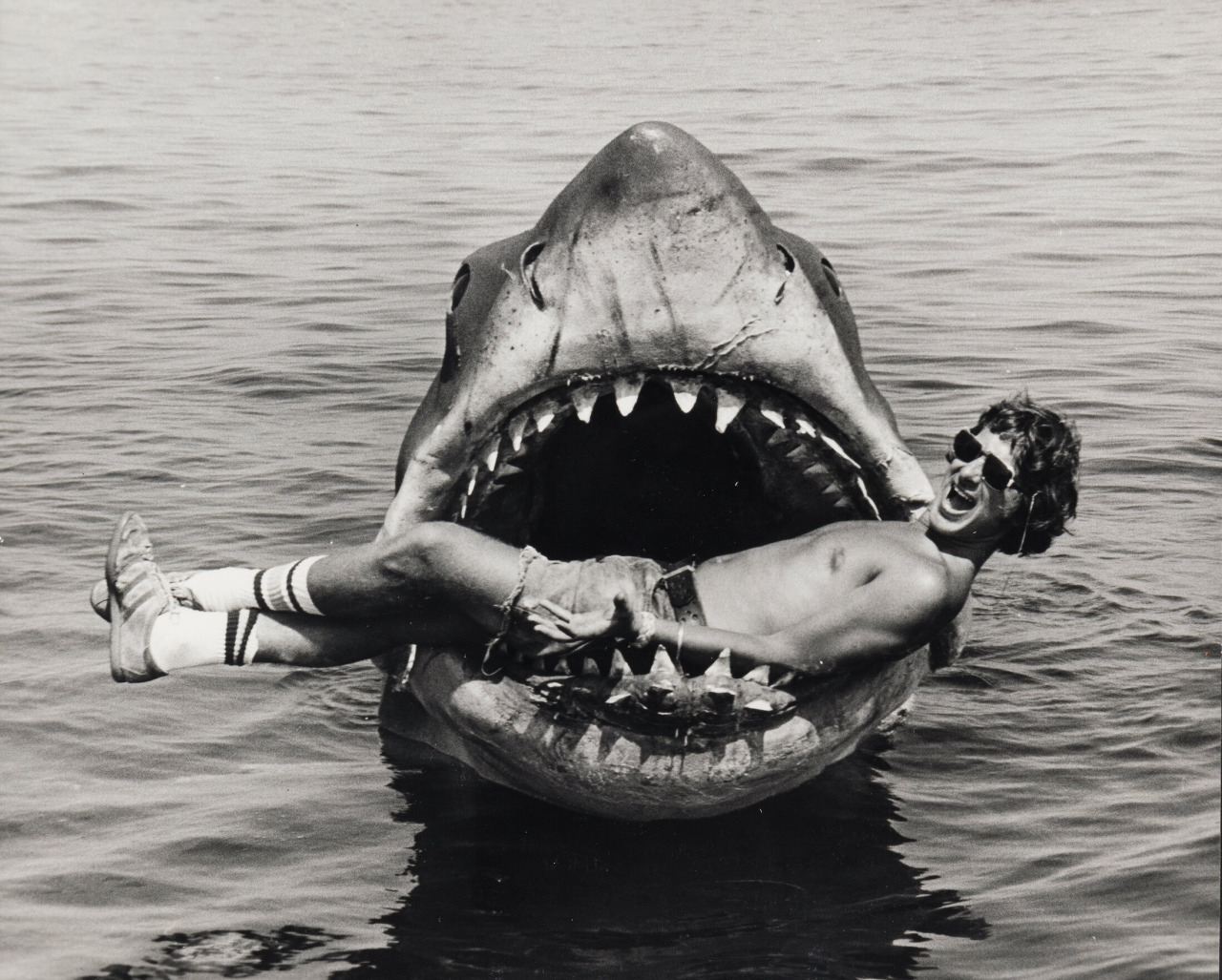
Steven Spielberg on the set of Jaws in 1974

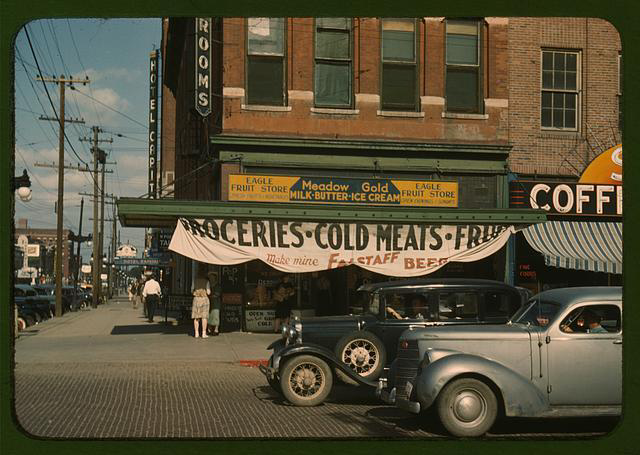
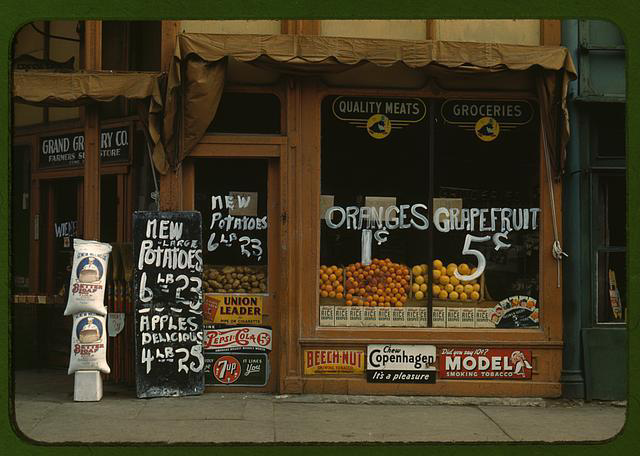
LINCOLN, NEBRASKA, 1942. photographs: John Vachon
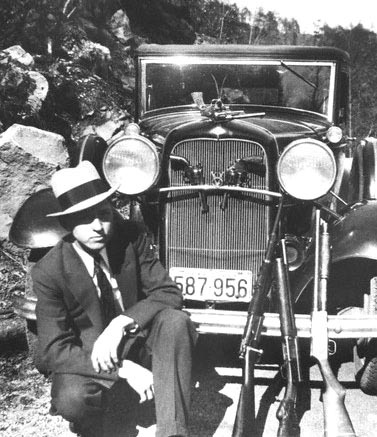
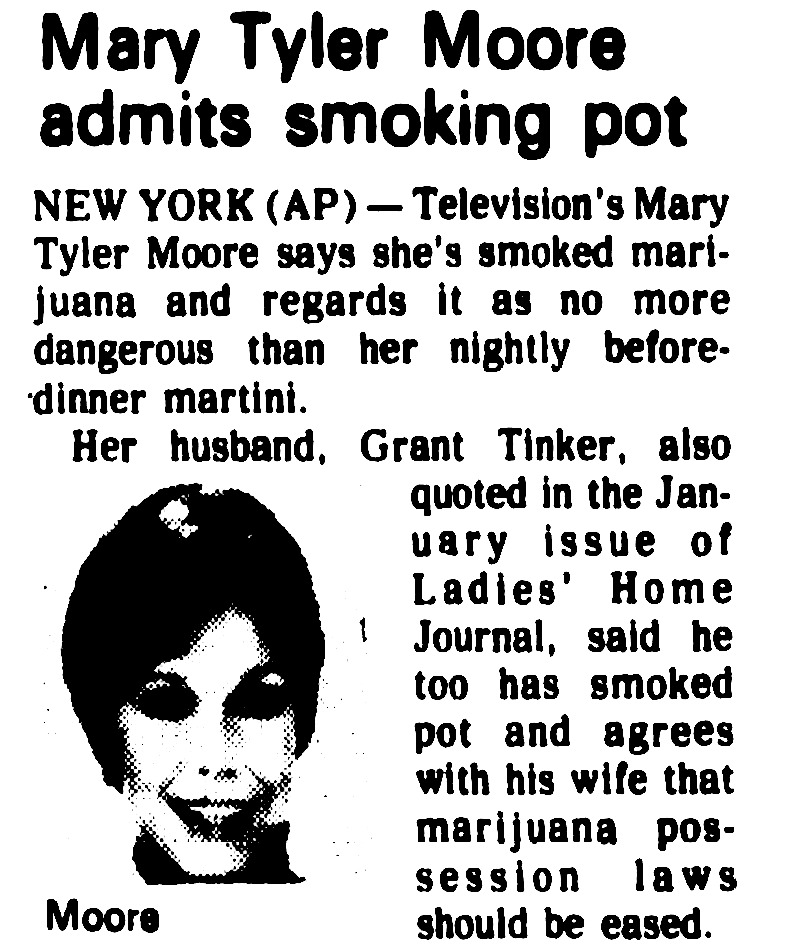
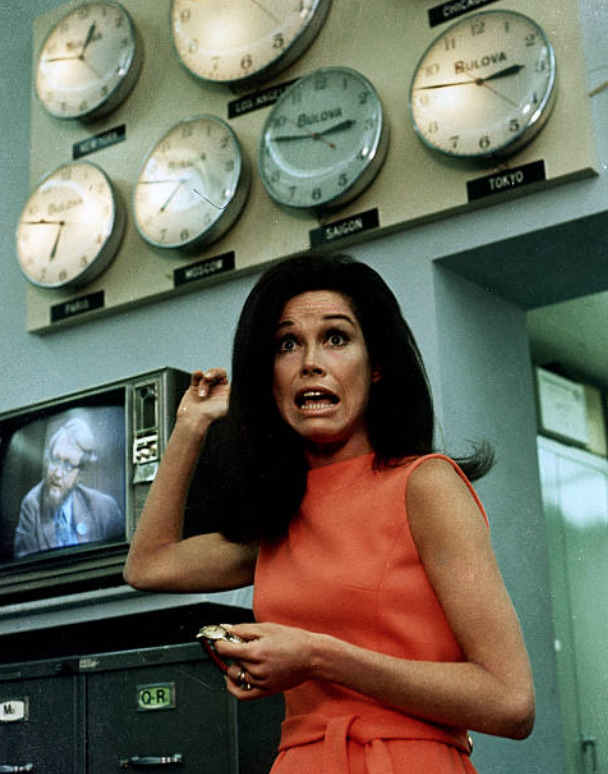

Habitat 67 in Montreal, designed by Moshe Safdie.

